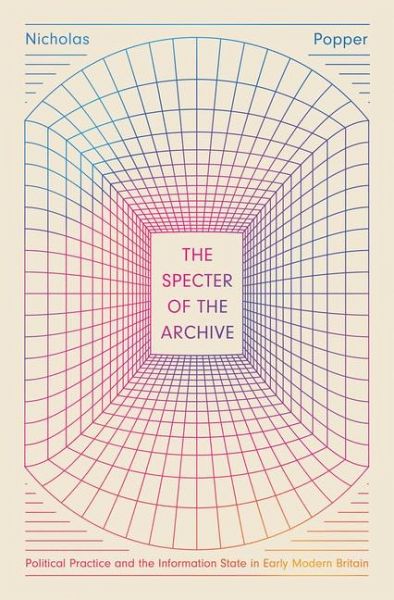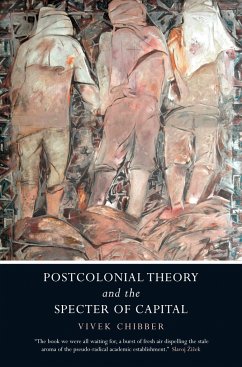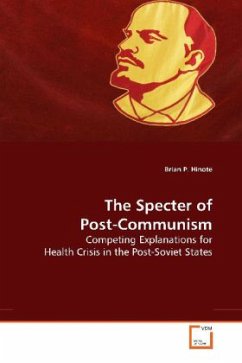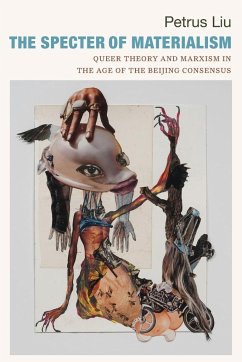
The Specter of the Archive
Political Practice and the Information State in Early Modern Britain

PAYBACK Punkte
20 °P sammeln!
"From the sixteenth century forward, the volume of paper in Britain grew enormously. Cheaper than parchment, it allowed statesmen of the time to record drafts, memoranda, and other ephemera that might have otherwise been lost to a wax tablet. And as the volume of original paperwork ballooned, the number of copies grew still further: secretaries took down version after version of letters, records, policy proposals, and more. There was no longer a singular source of records, but many archives-and the proliferation of paper transformed political dynamics. Access to particular written material bec...
"From the sixteenth century forward, the volume of paper in Britain grew enormously. Cheaper than parchment, it allowed statesmen of the time to record drafts, memoranda, and other ephemera that might have otherwise been lost to a wax tablet. And as the volume of original paperwork ballooned, the number of copies grew still further: secretaries took down version after version of letters, records, policy proposals, and more. There was no longer a singular source of records, but many archives-and the proliferation of paper transformed political dynamics. Access to particular written material became a means to establish authority and solidify networks of power. The broad availability and use of paper amounted to an early modern media revolution. Focusing on two of early modern England's primary political archives, the Tower of London Record Office and the State Paper Office, Nicholas Popper traces the circulation of their materials through government and the broader public sphere. In this early media-saturated society, many of the same issues that we face today arose: who shapes the archive? Can we trust the picture of the past and the present that it shows us? How do we decide what to preserve, what to copy and disseminate, and what to toss? And, in a more politically urgent vein: Does a huge volume of information promote political polarization and extremism?"--













